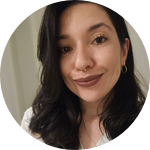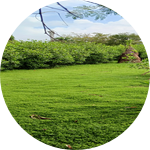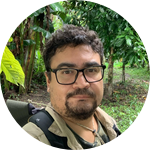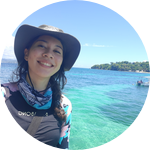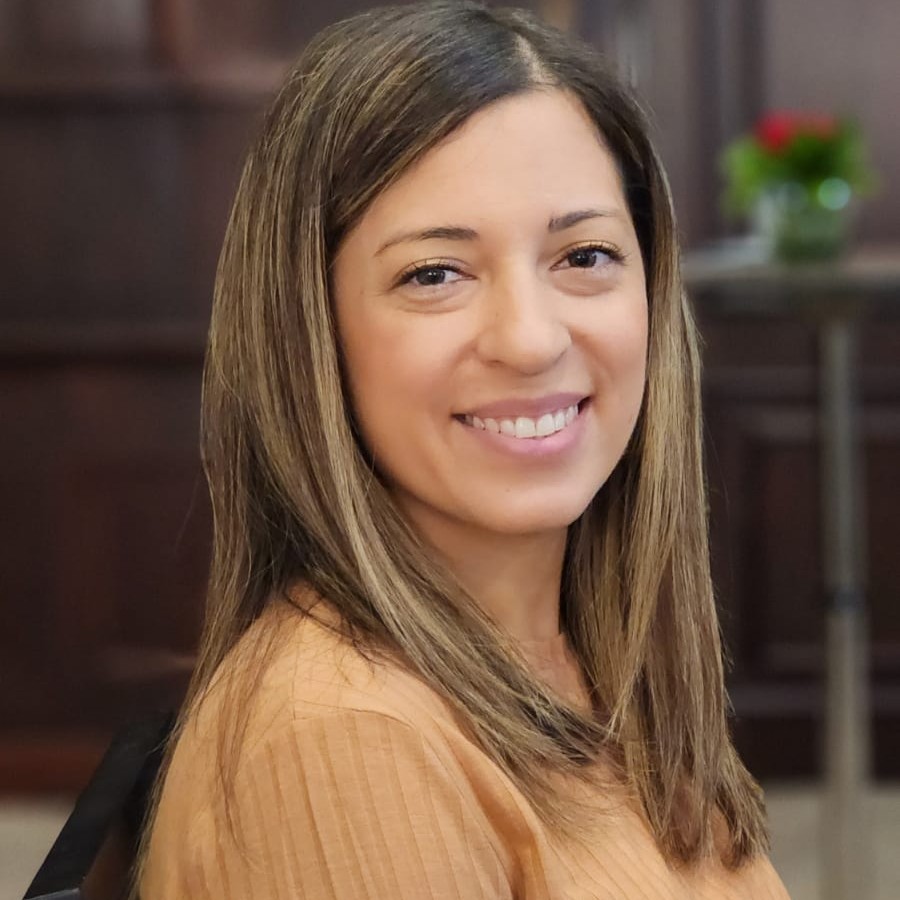About This Project
Shark species in the DR are classified as VU, EN, and CR on the National Red List. Also, a near-zero presence was reported, leading to a fishing ban in 2017. No further studies have assessed their status, but it's believed sharks still inhabit local waters. We aim to use surveys and eDNA to gather data and establish a baseline of shark and ray species in Samaná. This information is vital for improving MPA management and reef recovery.
Ask the Scientists
Join The DiscussionWhat is the context of this research?
Shark population data in the Dominican Republic is limited. The most recent study conducted in 2017 deploying BRUVS at 4 reef sites, suggested sharks were functionally extinct in local reefs due to poor governance and overexploitation. Meaning they are likely playing an insignificant role in the ecosystem, rather than not being present anymore. Following this, a total fishing ban on elasmobranchs was imposed in the same year, but no further studies have been conducted to assess the issue's development over time or propose management strategies. As a result, there is little data on species, population estimates, or primary threats. However, informal sightings from fishermen and diving centers persist, with reports of nursery grounds and shark diving activities being offered.
What is the significance of this project?
The lack of data on shark populations hampers the development of effective conservation strategies. By gathering data through surveys with fishermen and diving centers, and using environmental DNA (eDNA) analysis, we can begin to address this knowledge gap. Fishermen and diving centers, as key observers of marine life, provide valuable insights into shark sightings and behaviors, while eDNA offers non-invasive, accurate data on species presence. Concrete data on elasmobranch species and the threats they face is crucial for several reasons: it will help evaluate the effectiveness of current management measures like the fishing ban, provide insights into ecosystem health, and inform policy decisions. This data will guide the development of targeted conservation strategies, ensuring timely action to protect these species. By investing in this research now, we can safeguard marine biodiversity and contribute valuable knowledge to the global scientific community.
What are the goals of the project?
The first goal of the project is to gather cultural and ecological data from fishermen and dive centers in the Samaná province. Local rightholders from Las Terrenas, Las Galeras, and Santa Bárbara will be interviewed using a survey designed by our team. This will help us understand current knowledge, perceptions, and interactions regarding sharks and rays. The second goal is to use survey data to better guide the selection of sites for environmental DNA sampling, aiming to improve the chances of detecting target species. Sampling will occur quarterly in open water, coral reef, mangrove, and seagrass ecosystems. The third and primary goal is to identify elasmobranch species in the area through DNA sequencing and metabarcoding. We hope this will reveal which species are actually frequenting Samaná, to better inform policy decisions, and pave the way for future studies, Ecosystem-Based Adaptation initiatives, and improved management plans.
Budget
The requested budget will allow us to finance our pilot project completely. The results will help gather more accurate information about the situation, and allow us to plan for larger monitoring projects over time. The ultimate goal is to gather information that will help to develop better conservation strategies for the species.
Ideally, we aim to collaborate with national universities for the realization of the lab work, nonetheless there is a possibility that we might need to involve international institutions as well to guarantee the quality of our results and the required scientific expertise.
Endorsed by
 Project Timeline
Project Timeline
Since we will monitor the presence of sharks throughout the different seasons of the year to increase the chances of detection, the project will have an 18-month timeline. Also, the survey component must be considered since it will be done before the selection of the sites to be monitored.
Jan 27, 2025
Project Launched
Mar 28, 2025
Surveying a total of 120 fishermen from all selected localities.
Apr 28, 2025
Complete analysis of answers and definition of sampling areas.
May 05, 2025
First sampling trip
Jun 09, 2025
Processing of the first batch of eDNA samples
Meet the Team
Affiliates
Affiliates
Team Bio
CEBSE, Inc. is an NGO with 30+ years of experience in conservation and sustainable development. Our multidisciplinary team includes professionals in sociology, diving, agronomy, agroforestry, geography, biology, and veterinary science. Supported by a council and partners, we work towards a better future for people and the environment. For this proposal, we will also collaborate with the Genetics and Biotechnology Laboratory of the Technological Institute of Santo Domingo (INTEC).
Sheyling Alvarado Chía
I graduated with a degree in Veterinary Medicine from the University of São Paulo in 2022. During my undergraduate studies, I contributed to a research project focused on detecting West Nile Virus in wild bird populations in Brazil. This experience sparked my interest in the intersection of veterinary science and conservation.
Afterward, I became a research associate at the NGO ConservAccion, where I participated in projects investigating human-animal interactions related to the conservation of the Andean Condor in southern Peru. Additionally, we have ongoing research to identify a pathogen causing skin lesions in Smooth Hammerhead Sharks off the northern coast of Peru. These projects have provided me with hands-on experience in sample collection and processing for molecular biology and pathology, as well as in experimental and survey design.
Currently, I am employed as a Restoration Technician for Coastal and Marine Environments at CEBSE. In this role, I am gaining practical experience in restoration techniques, habitat monitoring, and community engagement. My work aligns with my passion for Conservation Medicine, and I am committed to supporting the health of marine organisms and ecosystems through this integrated approach to conservation and veterinary science.
Someira Zambrano
Someira Zambrano is a Geographer currently pursuing a Master's degree in Project Management at the Universidad Central del Este. Her interest in project management began during her time at the Directorate of Environmental Planning and Natural Resource Management at the Venezuelan National Parks Institute, where she led a team of 10 people and managed complex administrative processes. This experience motivated her to seek tools to improve her performance, which led her to discover a passion for project management that she could combine with her commitment to protecting natural resources.
In 2016, Someira expanded her horizons by moving to the Dominican Republic, where she participated in a training course for trainers on marine resource management organized by the Caribbean Marine Protected Area Management Network (CAMPAM) of UNEP. This event marked the beginning of a close collaboration with local leaders who shared her passion for marine conservation, leading her to settle in the country and take on the role of Coordinator of the Dominican Reef Network.
In addition to her practical experience, Someira has a strong background in research, with 8 published works. Her academic contributions have enriched her professional work, giving her a solid foundation in evidence-based decision-making.
Someira is a certified Dive Master with a specialization in scientific diving through the AAUS, and she holds a diploma in Project Management. She is currently part of CEBSE, an NGO dedicated to biodiversity conservation in the Samaná region and the sustainable development of its communities. As Project Coordinator, she leads the implementation of operational plans focused on protecting the natural resources of Samaná Bay, with a holistic approach that promotes both environmental conservation and the social and economic well-being of local communities.
Project Backers
- 10Backers
- 101%Funded
- $9,599Total Donations
- $959.90Average Donation
